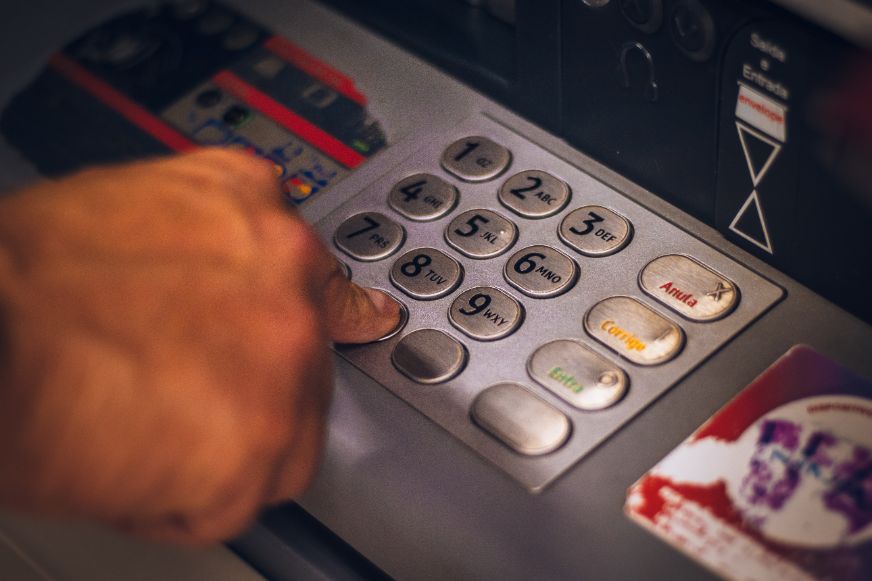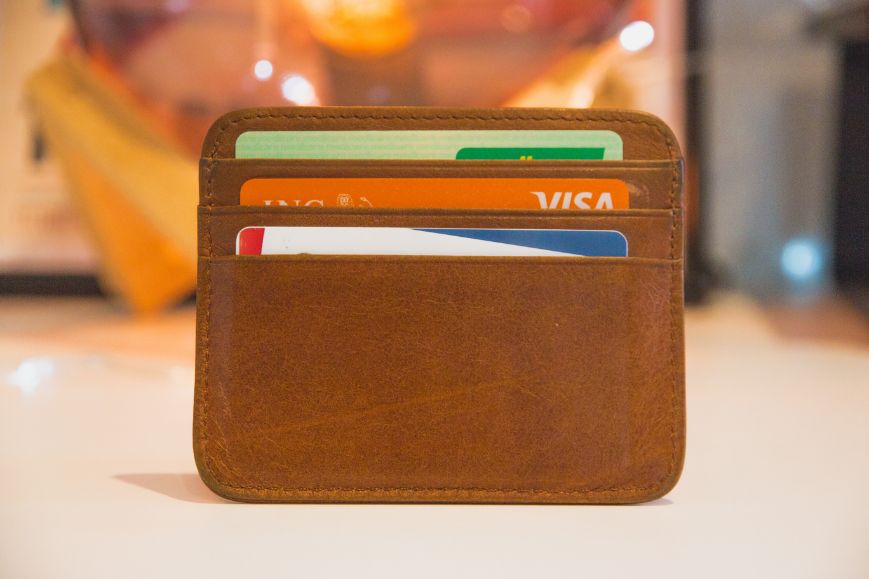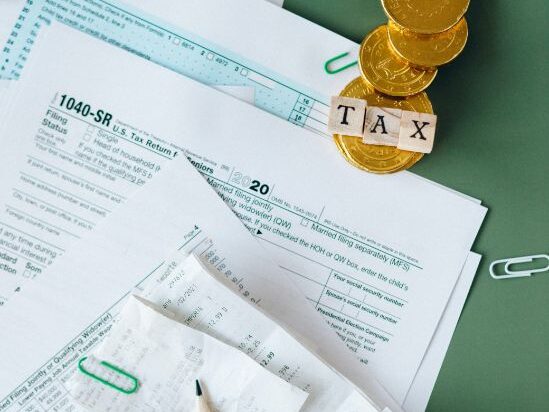
Does Opening a Savings Account Affect Credit Score?
Wondering whether opening a savings account will affect your credit score or not? Don’t worry, we are here to help you figure it out.
Opening a savings account does not impact your credit score because you aren’t borrowing money and the activity in your savings account isn’t reported to a credit agency. Similarly, regular bank transactions and account balances are accurate.
Let’s examine how your banking activities may affect your credit score in more detail, as well as the best ways to maintain a high credit score.
Does Opening a Savings Account Affect Your Credit Score?
To put it simply, opening a savings account has no effect on your credit score because you are not borrowing money. In general, financial institutions don’t run any kind of credit reports or give a credit agency your history.
If a bank account runs a soft credit inquiry, it usually only does so to confirm your identity and not to use the information to decide whether or not to open an account for you.
Before opening your new savings account, talk to the bank or credit union if you are worried that your credit score might suffer. If you have any questions about the application process or what to worry about, a representative should be able to answer them.
Further Reading:
- Which Savings Account Will Earn You The Most Money?
- What Is A Share Savings Account?
- Is The Cash App A Checking Or Savings Account?
Why You Should Care About Your Credit Score?

Your credit score is important when it comes to managing your money. If you manage your credit responsibly, it’s similar to getting a report card on your performance. The three-digit number may have a variety of effects on your finances.
You’ll have access to better financing options for significant purchases if your credit score is high enough. However, a low credit score may completely eliminate you from consideration for loans for expensive purchases like a home or car.
It makes sense to worry about how opening a savings account will affect your credit score in light of this.
How to Get the Most Out of a Savings Account?
Your financial situation can be unpredictable if you don’t have any savings stashed away. An effective financial foundation is often built on a savings account, which can help you protect your other assets and help you pay for unforeseen or emergency expenses.
Here are some tips to set up your savings account for the best overall financial situation:
- Put your savings on autopilot: Create an automatic recurring transfer if you can to set aside some money from each paycheck. You can gradually increase your savings by using technology.
- Build an emergency fund: Are you uncertain of what to put in your savings account? Generally speaking, it’s a great place to keep an emergency fund. The advice of many experts is to set aside between three and six months’ worth of expenses. You’ll have peace of mind knowing there is a safety net in place if you keep these funds separate from your checking account.
- Watch out for the fees: Search for a no-fee option before opening a savings account.
- Seek out a high APY: If you haven’t noticed, traditional banks frequently offer abysmal APYs on their savings accounts. Because the rates are so low, you might wonder if the money would be safer under your mattress. Thankfully, high-yield savings accounts are readily available. If at all possible, choose a savings account with a fantastic APY to put your money to work for you.

How to Protect Your Credit Score?
While opening a bank account probably won’t have an impact on your credit, there are some other bank-related activities that might, like not paying your bank back when you use an overdraft, lower your score.
Here are a few more steps you can take to maintain a good credit rating.
Avoid Overdrafts
You have spent more money than you have available in your checking account when you enter the overdraft zone. If you have overdraft protection, your bank will step in and make up the difference. They will typically charge overdraft protection fees, and you will need to pay them back with either money from a savings account or a credit card.
If you promptly repay the overdraft fees and the amount you owe, overdrafts themselves have no effect on your credit score. On the other hand, if you don’t, your credit will suffer. For instance, it would be painful if you were unable to pay off your credit card or if the overdraft was turned over to collections. Your grade is probably going to drop.
Pay Back Your Debts on Time
Punctuality is important, and we can’t emphasize that enough. Your credit score is significantly influenced by your payment history. It might consider credit cards, auto loans, student loans, mortgages, and other types of credit.
The amount you owed, the length of the payment delay, and the frequency of missed payments will all be displayed in detail for late or missed payments. Missed and late payments will lower your score and may remain on your report for up to seven years. It is crucial to pay on time.
Don’t Co-sign
Let’s imagine that a friend or family member is having trouble getting credit for themselves because of their poor score. They might ask you to co-sign a loan so they can benefit from your good credit. In a word, don’t!

Even though you may have the right intentions and want to lend a hand. When you co-sign, you agree to be responsible for repaying the debt as well. Therefore, you are responsible for any payments that the friend or family member misses.
Additionally, their missed payments might hurt your credit score. For this reason, when you are in “protect my credit score” mode, it’s probably prudent to avoid co-signing.
File for Unemployment
You might find it more challenging to make on-time payments on your bills or you might accumulate more debt if you lose your job and a reliable source of income. Your credit score may suffer in any of these situations.
You can avoid falling behind and replace some of that income stream by applying for unemployment benefits. Additionally, receiving benefits has no impact on your score, and there is no public database that tracks who receives unemployment compensation.
Seek Credit Counseling
Occasionally, despite best efforts, debt can become out of control or a credit score can start to decline. Get assistance if you are struggling and unsure of how to make things better. Credit counselors are trained professionals who can assist you with financial matters, such as creating and maintaining a budget as well as setting up a debt management plan.
Through nonprofit organizations like the National Foundation for Credit Counseling, you can locate a counselor. With this type of organization, your initial counseling session is typically free, but there might be a fee for subsequent services, like creating a debt management plan. Most likely, these expenses will be small.
Be a Prudent Spender
The world offers a lot of temptation in the form of glitzy vehicles and cell phones, fantastic dining establishments and vacation spots, brand-new clothing, and other things.
However, using credit cards excessively and not being able to pay them off on time, as well as taking out loans with high-interest rates, can ruin your credit and leave you in debt. You can prevent this kind of debt by living within your means.

You can determine how much you can comfortably spend each month with the aid of a budget. Add up all of your necessary expenditures, such as rent, mortgage payments, utility bills, groceries, insurance, and debt repayments, before creating a budget.
From your monthly income, deduct this. The remaining cash can be used for luxuries like eating out and entertainment, as well as for saving and debt repayment. Spending above that discretionary cap should be especially cautious. Debt likes to reside there.
Consider Your Options Before Choosing a Bank to Avoid a Hard Pull Penalty
When you apply for credit, banks and other lenders typically conduct what is known as a hard pull or hard inquiry. This will temporarily and slightly lower your credit score. Although the hard pull will remain on your credit report for two years, its effects on your credit should only last a few months.
Here are some reasons why having too many of these thorough credit checks should worry you, even though your credit score is updated frequently. Multiple hard inquiries made simultaneously on your credit report can give the impression that you are using credit excessively and may find it difficult to repay your debts.
The good news is that the majority of banks will carry out what is known as a soft pull when you open a bank account in person or online. Your credit score is unaffected by this type of informal credit check when you apply to open a checking account at a bank.
Ask a bank whether they use them and under what circumstances you’re concerned about how a hard pull might affect your credit score, especially if you’re actively looking for credit. Consider banks that don’t use this approach if they do intend to conduct a hard inquiry.
The Takeaway
Generally speaking, opening a checking, savings, or cash management account won’t harm your credit score.
Installment loans, revolving credit lines, or negative items like charge-offs and collection accounts are typically the accounts that routinely report your activity to the three major credit bureaus.


